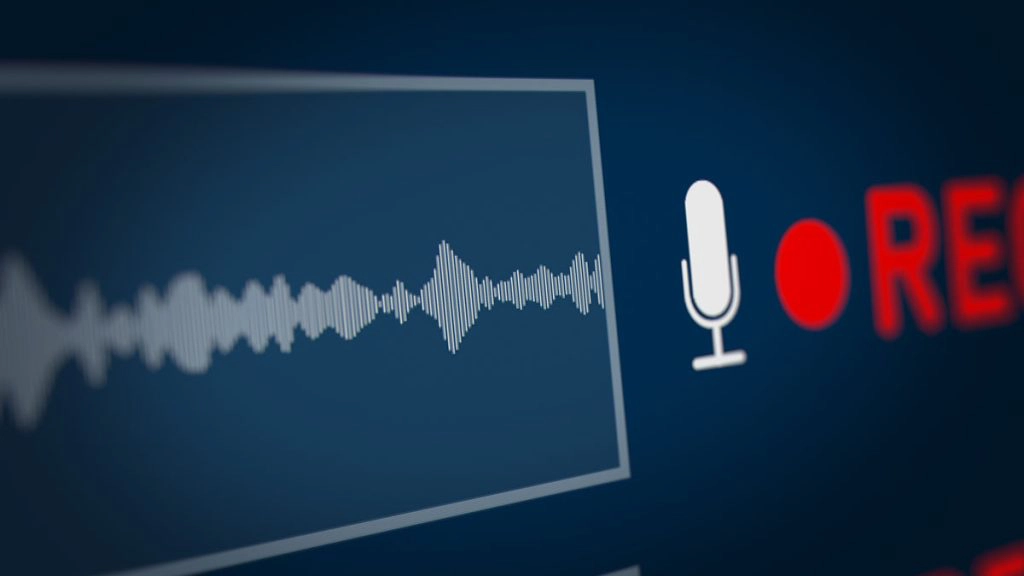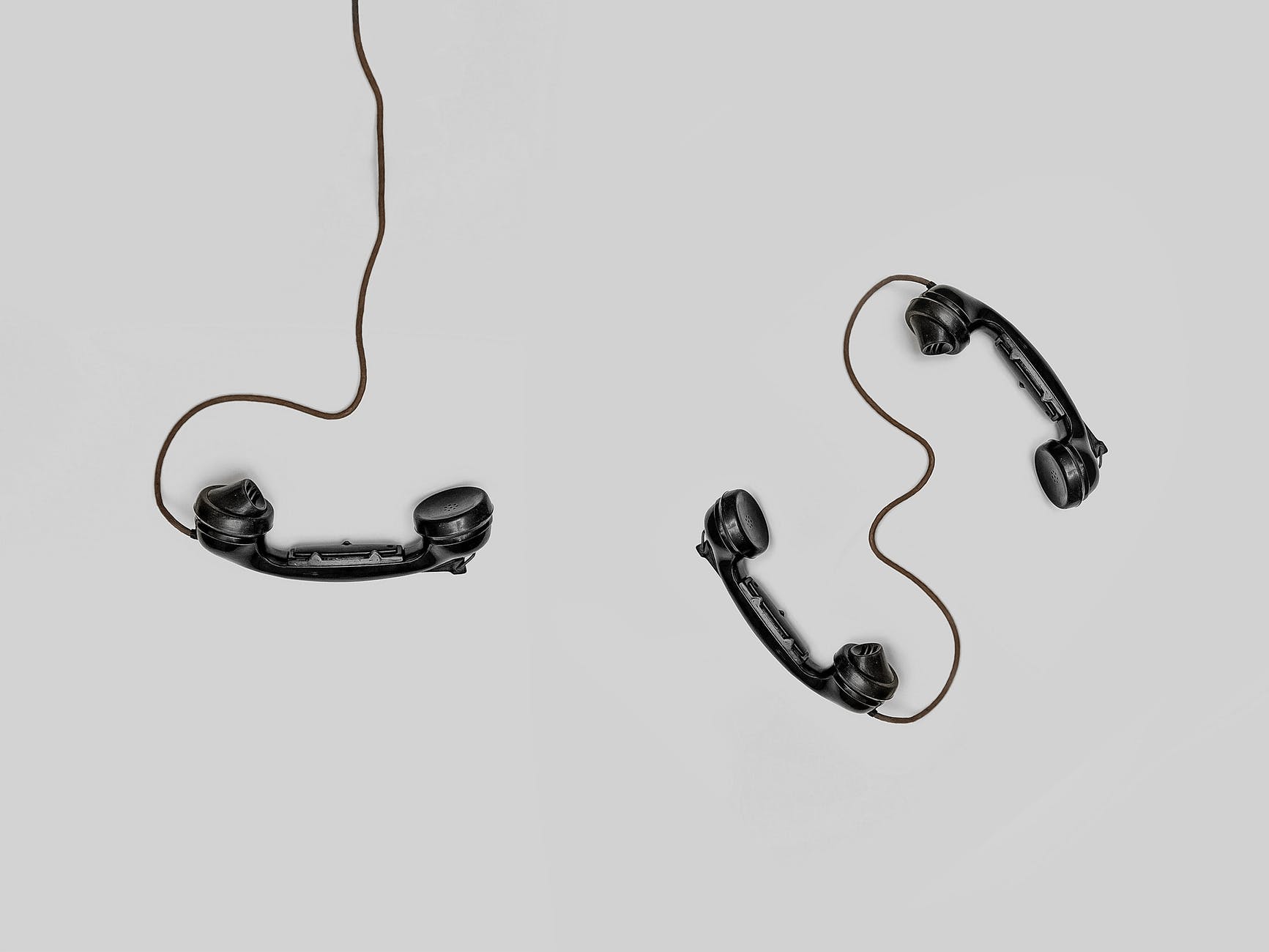
Texas Recording Law Summary: 
Last Updated: January 2025 | Verified against current Tex. Penal Code § 16.02
Quick Answer
Texas is a one-party consent state. You can legally record phone calls, in-person conversations, and other communications as long as you’re a party to the conversation or have consent from at least one participant. Illegal recording is a felony offense, and civil penalties can reach $10,000 per violation.
| Key Point | Answer |
|---|---|
| Consent Type | One-Party |
| Can you record your own calls? | Yes |
| Must you inform others? | No |
| Primary Statute | Tex. Penal Code § 16.02 |
| Criminal Penalty | Felony |
| Civil Damages | Up to $10,000 per violation |
Our recommended Digital Voice Recorder.
Understanding Texas Recording Laws
The Legal Foundation
Texas wiretapping and electronic surveillance laws are found in two key chapters:
- Tex. Penal Code Chapter 16 – Criminal Instruments, Interception of Wire or Oral Communication
- Code of Criminal Procedure Chapter 18A – Detection, Interception, and Use of Wire, Oral, and Electronic Communications
Under Tex. Penal Code § 16.02, it’s illegal to intentionally intercept wire, oral, or electronic communications without proper consent. However, recording is legal when at least one party to the communication consents, which can include yourself.
What Communications Are Covered
Texas recording law applies to:
- Wire communications – Phone calls, including cell phones and VoIP
- Oral communications – In-person conversations with a reasonable expectation of privacy
- Electronic communications – Text messages, emails, instant messages, video calls
One-Party vs. Two-Party Consent Explained
In a one-party consent state like Texas, only one person in the conversation needs to know about and consent to the recording. That person can be you. You don’t need to announce “this call is being recorded” or get anyone else’s permission.
In contrast, two-party (or all-party) consent states like California require everyone in the conversation to agree to be recorded.
Recording Phone Calls in Texas

Can You Record Phone Calls in Texas?
Yes. Under Tex. Penal Code § 16.02, you can record any phone call you’re participating in without informing the other party. This applies to:
- Landline calls
- Cell phone calls
- VoIP calls (Zoom, Teams, Google Meet, etc.)
- Video calls
Recording Calls Across State Lines
If you’re in Texas calling someone in a two-party consent state, the stricter law typically applies. States requiring all-party consent include:
- California
- Connecticut
- Florida
- Illinois
- Maryland
- Massachusetts
- Montana
- Nevada (for phone calls)
- New Hampshire
- Pennsylvania
- Washington
Best practice: When calling people in two-party consent states, either inform them or get explicit consent to be safe.
Business Call Recording
Texas businesses can record calls for quality assurance, training, or compliance. While not legally required, many businesses choose to provide notice. Consent can be obtained through:
- Verbal consent before the call begins
- A recorded announcement (“This call may be recorded…”)
- A periodic beep tone during the call
Recording In-Person Conversations
When Is It Legal?
You can record in-person conversations in Texas when:
- You’re participating in the conversation
- You’re in a public place where there’s no reasonable expectation of privacy
- You have consent from at least one party (which can be yourself)
The Public Place Exception
Texas law recognizes that some conversations have no reasonable expectation of privacy. You may record without consent in:
- Public parks and streets
- Restaurants and coffee shops
- Public government buildings
- Any location where conversations can be easily overheard
When Is It Illegal?
Recording is illegal in Texas when:
- You’re not a party to the conversation and don’t have consent
- Recording in areas with reasonable expectation of privacy (bathrooms, changing rooms, private homes where you’re not invited)
- Recording privileged conversations (attorney-client, doctor-patient without being the patient)
- You’re disclosing or using illegally obtained recordings
What About Recording in Your Own Home?
You can record conversations in your own home if you’re participating. However, you cannot:
- Plant a hidden device and leave to record others without being present
- Record guests in areas with privacy expectations (bathrooms, guest bedrooms)
- Record intimate activities without consent
Texas Video Recording Laws

Public Spaces
Texas has no general prohibition on video recording in public spaces. You can:
- Film on public streets, parks, and sidewalks
- Record public meetings and government proceedings
- Use dashcams in your vehicle
- Film public protests or demonstrations
Private Property and Privacy
On private property, the property owner sets the rules. Texas also has laws that prohibit:
- Improper photography or visual recording (Tex. Penal Code § 21.15)
- Invasive visual recording (Tex. Penal Code § 21.17)
- Recording someone in a location where they have a reasonable expectation of privacy
- Non-consensual disclosure of intimate images (Tex. Penal Code § 21.16)
If you are recording someone’s likeness for business purposes, you should ensure that you gain proper consent by having them fill out a photo or video consent form.
Recording in the Workplace
Can Your Employer Record You?
Texas employers can generally record in common work areas where employees don’t have a privacy expectation. However, employers cannot record in:
- Bathrooms
- Locker rooms
- Changing areas
Can You Record Your Employer?
Yes. As a one-party consent state, you can record conversations with your boss, HR, coworkers, or anyone else at work – as long as you’re part of the conversation. This can be valuable for:
- Documenting harassment or discrimination
- Recording performance reviews
- Protecting yourself in disputes
- Preserving important instructions
Caution: Your employer may have policies against recording. While recording is legal under Texas law, violating company policy could result in termination.
Recording Police and Government Officials
Can You Record Police Officers in Texas?
Yes. The First Amendment protects your right to record law enforcement officers performing their duties in public. In Texas, you can:
- Film traffic stops (including your own)
- Record arrests happening in public
- Document interactions with police
- Livestream encounters
Important limitations:
- Don’t interfere with police operations
- Don’t trespass to get a better angle
- Follow lawful orders to step back (within reason)
- Don’t obstruct the officer’s duties
- Texas law (Tex. Penal Code § 38.15) prohibits interfering with police duties
Recording Government Meetings
Texas Open Meetings Act (Tex. Gov’t Code Chapter 551) requires most government meetings to be open to the public. Recording of public meetings is generally permitted. You can record:
- City council meetings
- County commissioner court meetings
- School board meetings
- State legislative proceedings
- Public hearings
Specific Situations
Can I Record My Landlord in Texas?
Yes, if you’re part of the conversation. Recording interactions with landlords can help document:
- Verbal agreements about repairs
- Harassment or illegal entry
- Disputes about lease terms
- Evidence for tenant rights cases
Can I Record My Doctor in Texas?
Yes, you can record medical appointments you attend. This can be helpful for:
- Remembering complex medical instructions
- Documenting informed consent discussions
- Having a record of diagnoses
- Sharing information with family caregivers
Can I Record CPS Workers?
Yes. Child Protective Services (CPS) workers are government employees, and you can record your interactions with them as long as you’re participating in the conversation.
Can I Record My Ex-Spouse or Co-Parent?
Yes, during conversations you’re part of. This is common in custody disputes. However:
- Don’t record your children’s private conversations without being present
- Don’t use children to secretly record the other parent
- Consider how recordings may be viewed by Texas family courts
Can I Use a Dashcam in Texas?
Yes. Dashcams are legal in Texas. There are no specific laws restricting their use, but you should:
- Mount the camera so it doesn’t obstruct your view
- Be aware that audio recording follows one-party consent rules
- Check if your insurance offers dashcam discounts
Using Recordings as Evidence in Texas
Are Recordings Admissible in Court?
Recordings made legally under Texas’s one-party consent law are generally admissible as evidence. Courts may consider:
- Authentication – Can you prove the recording is genuine and unaltered?
- Relevance – Does the recording matter to the case?
- Hearsay rules – Some statements may be excluded
- Prejudicial vs. probative value – Does it unfairly influence the jury?
Criminal Cases vs. Civil Cases
- Criminal cases: Illegally obtained recordings are typically inadmissible and may result in criminal charges against you
- Civil cases: Rules can be more flexible, but illegally obtained evidence may still be excluded
Penalties for Illegal Recording in Texas

Criminal Penalties (Tex. Penal Code § 16.02)
Violating Texas’s wiretapping laws is a felony offense.
| Offense | Classification | Potential Penalty |
|---|---|---|
| Illegal interception | Felony | Imprisonment, substantial fines |
| Disclosing intercepted communications | Felony | Imprisonment, substantial fines |
| Using illegally obtained communications | Felony | Imprisonment, substantial fines |
| Covert entry for interception | Felony | Enhanced penalties |
Civil Liability
Texas provides substantial civil remedies for victims of illegal recording:
- Up to $10,000 per violation
- Actual damages
- Punitive damages for willful violations
- Attorney’s fees and court costs
Frequently Asked Questions

Is Texas a one-party consent state?
Yes. Texas is a one-party consent state, meaning you can record any conversation you’re part of without informing other participants.
Is Texas a two-party consent state?
No. Texas does not require all parties to consent to recording. Only one party needs to consent, and that party can be you.
Can I record a conversation without the other person knowing in Texas?
Yes. As a participant in the conversation, you can record without telling the other person.
Can I sue someone for recording me in Texas?
Only if the recording was illegal – meaning you were recorded without your consent by someone who wasn’t part of the conversation. If someone you were talking to recorded you, that’s legal in Texas.
Do I need to tell someone I’m recording in Texas?
No. There’s no legal requirement to inform others that you’re recording a conversation you’re part of.
Can I record a Zoom call in Texas?
Yes, if you’re a participant in the call. Note that Zoom has its own recording features and may notify participants depending on settings.
What is the penalty for illegal recording in Texas?
Illegal wiretapping is a felony. Civil liability can reach up to $10,000 per violation, plus actual damages, punitive damages, and attorney fees.
Can recordings be used in divorce court in Texas?
Yes, legally obtained recordings can be used as evidence in divorce proceedings. Courts often allow them to document communications about custody, finances, or misconduct.
Related Texas Laws
- Texas Car Seat Laws
- Texas Child Support Laws
- Texas Hit and Run Laws
- Texas Lemon Law
- Texas Sexting Laws
- Texas Statute of Limitations
- Texas Whistleblower Laws
Sources and Legal References
| Source | Link |
|---|---|
| Tex. Penal Code Chapter 16 | Texas Legislature |
| Code of Criminal Procedure Ch. 18A | Texas Legislature |
| Reporters Committee (TX) | RCFP |
| TX Open Meetings Act | Texas Legislature |
Disclaimer: This information is provided for educational purposes and should not be considered legal advice. Recording laws can be complex, and specific situations may have unique considerations. If you have questions about your particular circumstances, consult with a licensed Texas attorney.
One-Party Consent States Reference
The following table provides a quick reference to all one-party consent states in the United States.
| State | Summary | Key Statute |
|---|---|---|
| Alabama | One-party consent. | Ala. Code § 13A-11-30 |
| Alaska | One-party consent. | AS 42.20.310 |
| Arizona | One-party consent. | ARS 13-3005 |
| Arkansas | One-party consent. | Ark. Code § 5-60-120 |
| Colorado | One-party consent. | C.R.S. § 18-9-303 |
| District of Columbia | One-party consent. | D.C. Code § 23-542 |
| Georgia | One-party for audio; all-party for video in private places. | O.C.G.A. § 16-11-62 |
| Hawaii | One-party consent. | HRS § 803-42 |
| Idaho | One-party consent. | Idaho Code § 18-6702 |
| Indiana | One-party consent. | Ind. Code § 35-33.5-5 |
| Iowa | One-party consent. | Iowa Code § 808B.2 |
| Kansas | One-party consent. | K.S.A. 21-6101 |
| Kentucky | One-party consent. | KRS 526.020 |
| Louisiana | One-party consent. | La. R.S. 15:1303 |
| Maine | One-party consent. | 15 M.R.S.A. § 710 |
| Minnesota | One-party consent. | Minn. Stat. § 626A.02 |
| Mississippi | One-party consent. | Miss. Code Ann. § 41-29-531 |
| Missouri | One-party consent. | Mo. Rev. Stat. § 542.402 |
| Nebraska | One-party consent. | Neb. Rev. Stat. § 86-290 |
| Nevada | One-party for oral; ALL-PARTY for wire/phone. | Nev. Rev. Stat. § 200.620 |
| New Jersey | One-party consent. | N.J. Stat. Ann. § 2A:156A-4 |
| New Mexico | One-party consent. | N.M. Stat. Ann. § 30-12-1 |
| New York | One-party consent. | N.Y. Penal Law § 250.05 |
| North Carolina | One-party consent. | N.C. Gen. Stat. § 15A-287 |
| North Dakota | One-party consent. | N.D. Cent. Code § 12.1-15-02 |
| Ohio | One-party consent. | Ohio Rev. Code § 2933.52 |
| Oklahoma | One-party consent. | Okla. Stat. tit. 13, § 176.4 |
| Rhode Island | One-party consent. | R.I. Gen. Laws § 11-35-21 |
| South Carolina | One-party consent. | S.C. Code Ann. § 17-30-30 |
| South Dakota | One-party consent. | S.D. Codified Laws § 23A-35A-20 |
| Tennessee | One-party consent. | Tenn. Code Ann. § 39-13-601 |
| Texas | One-party consent. $10k/violation civil. | Tex. Penal Code § 16.02 |
| Utah | One-party consent. | Utah Code Ann. § 77-23a-4 |
| Vermont | One-party consent (case law). | Case law |
| Virginia | One-party consent. | Va. Code Ann. § 19.2-62 |
| West Virginia | One-party consent. | W. Va. Code § 62-1D-3 |
| Wisconsin | One-party consent. | Wis. Stat. § 968.31 |
| Wyoming | One-party consent. | Wyo. Stat. Ann. § 7-3-702 |
Federal Law: Under the ECPA and 18 U.S. Code § 2511, federal law operates as one-party consent.
Two-Party Consent States
The following states require all parties to consent:
- California
- Connecticut
- Delaware
- Florida
- Illinois
- Maryland
- Massachusetts
- Michigan
- Montana
- New Hampshire
- Oregon
- Pennsylvania
- Washington
Visit our Two-Party Consent States guide for details.
